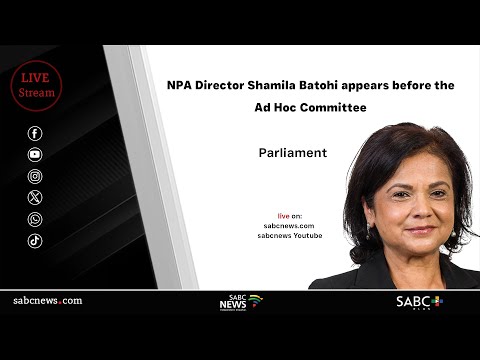Introduction
The role of the National Director of Public Prosecutions in South Africa is pivotal for upholding the rule of law and ensuring accountability. As the head of the National Prosecuting Authority (NPA), Shamila Batohi has taken significant strides towards revitalizing the institution since her appointment in 2018. In a country where corruption and impunity have often prevailed, her leadership is crucial in restoring public confidence in justice.
Background and Tenure
Shamila Batohi made history as the first woman to lead the NPA and has since dedicated herself to combating corruption and organized crime. Her legal career spans over 30 years, including substantial experience both in South Africa and internationally. Batohi has implemented various reforms to enhance the effectiveness and efficiency of the NPA, focusing on training prosecutors and improving resource allocation.
Key Initiatives and Achievements
Under Batohi’s leadership, the NPA has initiated numerous high-profile cases aimed at tackling corruption. This includes the prosecutions related to the COVID-19 corruption scandals, where officials who misappropriated funds are now facing justice. Batohi has emphasized the importance of accountability by ensuring that even high-ranking officials are not above the law.
Moreover, Batohi has fostered a culture of collaboration within law enforcement agencies. Her NPA has partnered with the South African Police Service and various anti-corruption units to streamline processes and bolster investigations. This integrated approach has shown promising results, as seen in the increased number of successful convictions against corrupt practices.
Challenges Ahead
Despite her successes, Batohi faces significant challenges, including public skepticism and the need for comprehensive reforms within the justice system. The NPA continues to grapple with inadequate funding, which hampers its operational capabilities. Additionally, threats against whistleblowers and witnesses remain a significant concern, potentially deterring future cases of corruption.
Conclusion
Shamila Batohi’s tenure as National Director of Public Prosecutions is gradually reshaping the landscape of justice in South Africa. Her commitment to transparency and integrity is a beacon of hope in a system that has faced numerous trials. The implications of her efforts extend beyond individual cases, as they foster a culture of accountability essential for building trust in public institutions. Batohi’s leadership is not just about prosecuting offenders; it represents a turning point towards a more just society, critical for the country’s future.


